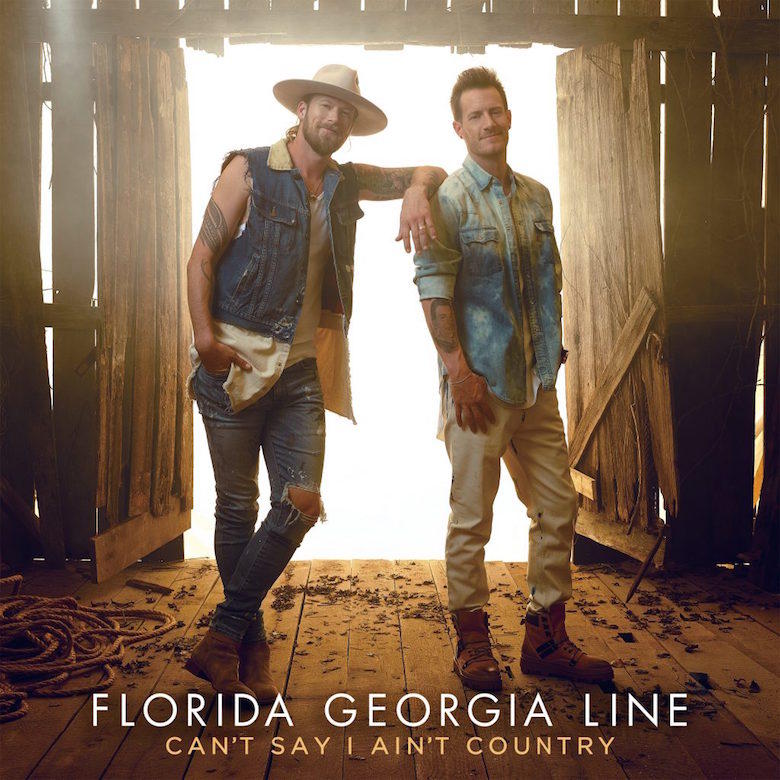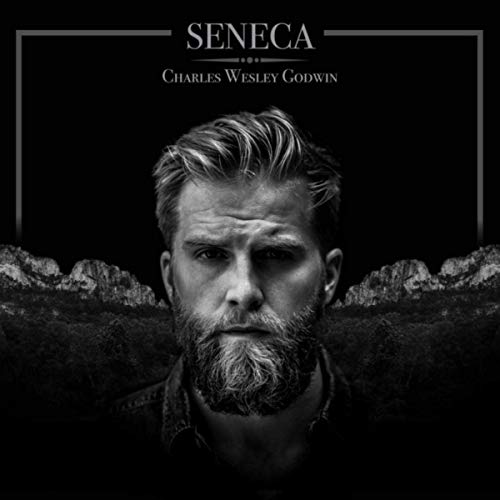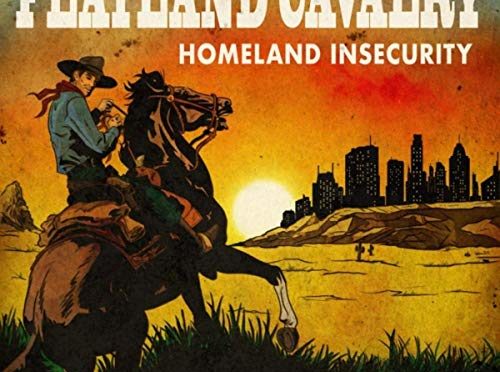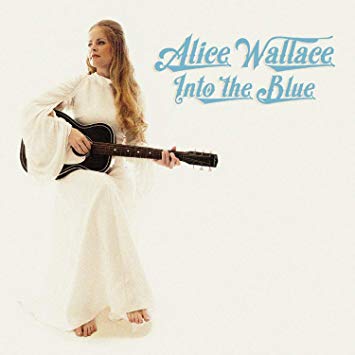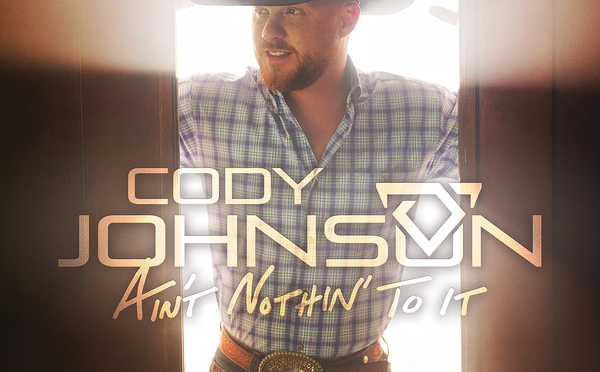Rating: 3.5/10
Florida Georgia Line, who have made a career out of rap verses, tired dirt road clichés, and unintelligible vocabulary, have decided to prove to us all on their fourth album that they are, in fact, undeniably and authentically country. The Apple Music description of this album actually says, in part, that they are making a case for themselves against the “self-anointed purists who don’t warm to their snap tracks or frequent collaborations across hip-hop and pop.” This whole record comes across as defensive, right down to the cover, as if walking out of a barn somehow gives them country cred. But it’s hard to be something you aren’t, and the result of their efforts is a walking identity crisis which, though not the worst thing they’ve ever released, is certainly the most awkward and unsure of itself. It’s like two warring personalities were fighting for control of this record, and neither one really prevailed, so we wound up with a cluttered, contradictory, defensive mess.
ON one side, we have the FGL that are desperate to prove to everyone that they’re still country. The title track actually does this sort of well, inserting humorous details like the fact that it’s easier to believe the moon landing was fake than to declare that these guys aren’t country. It’s pretty decent on its own, but in the context of the whole album, it loses some of its merit. “Can’t Hide Red” is the darker, edgier version of this, featuring Jason Aldean and boasting about the dumb reasons they’re still rednecks even though they live in the city and play hip-hop. The darker, heavier production here is actually quite good; in fact, the instrumentation and production of a nice portion of this album is good, and certainly a huge improvement for Florida Georgia Line. It’s the lyrics, much like most of the duo’s output, where this song really fails, citing stupid reasons like smoking and drinking as evidence of their country cred and rhyming “twang” with “sing” because Tyler Hubbard intentionally pronounces it “sang” in a horribly exaggerated Southern drawl.
But it’s on this more country side of the record that we find the brighter spots. “Speed of Love” is just fun, and instead of rapping, it feels like the second verse is more of a spoken word thing that’s always been a part of country music. It’s nice to hear a prominent steel guitar in a Florida Georgia Line song as well. “Colorado,” one of the pre-released tracks that made the idea of this album interesting, is still one of the highlights, and yes, also sounds like modern pop country. “Simple” is still a fun track as well, although it’s a bit worse in light of the whole album, as the references to the simple life and flying down back roads feel more pandering in context.
By the same token, this attempt to cement their country status resulted in one of the worst things you’ll hear on any 2019 release: four useless skits featuring some redneck pastor named Brother Jervel. How anyone thought these would actually contribute to any of us taking Florida Georgia Line seriously is beyond me. I could go on, but these speak for themselves, and you have to hear them to fully appreciate their awfulness.
But even while trying to be as country as possible, they’ve somehow managed to also be less country than they’ve ever been on this album. WE have “Women,” featuring Jason Derulo, because you know, the presence of Jason Derulo is vital to any truly country record. The song itself is a lame attempt to do what Keith Urban attempted with “Female,” but it just fails spectacularly. “Talk You Out of It” is the first of several sex songs and the least offensive, as the production sort of works, and the lyrics aren’t completely cringe-worthy. It’s forgettable fluff on its own, but then, near the end of the record, we have the completely self-absorbed “Like You Never Had It,” a waste of three minutes where Tyler Hubbard tries to be charming by declaring that he’ll be the best sex this woman has ever had and that she’ll be calling her friends to brag about it. It’s followed up by “Swerve,” which, if possible, is even more God-awful. The hook of this is literally, “you’re makin’ me swerve.” Aside from the fact that that doesn’t really even make any sense, it’s filled with “Sun Daze” style innuendos and backed by horrifyingly bad production. And all of this begs the question: how can you call yourselves country in the same breath as giving us this crap?
What a confusing record. The dual personalities make this album a jarring, random, messy listen. On one hand, Florida Georgia Line seem hell-bent on proving that they’re still country and still fit in with their critics. ON the other hand, they’re stretching boundaries on some of these tracks further than they ever have, releasing some of the least country material of their careers. It’s obvious they don’t have a clue about their identity, and it’s a shame because behind all of the marketing and bullshit, there are a few really good selections here, bright spots on a strange album and in the duo’s career as a whole. Maybe they can’t say they aren’t country, but this record makes it clear that they can’t tell us who they are either.
The Good
The Awful
